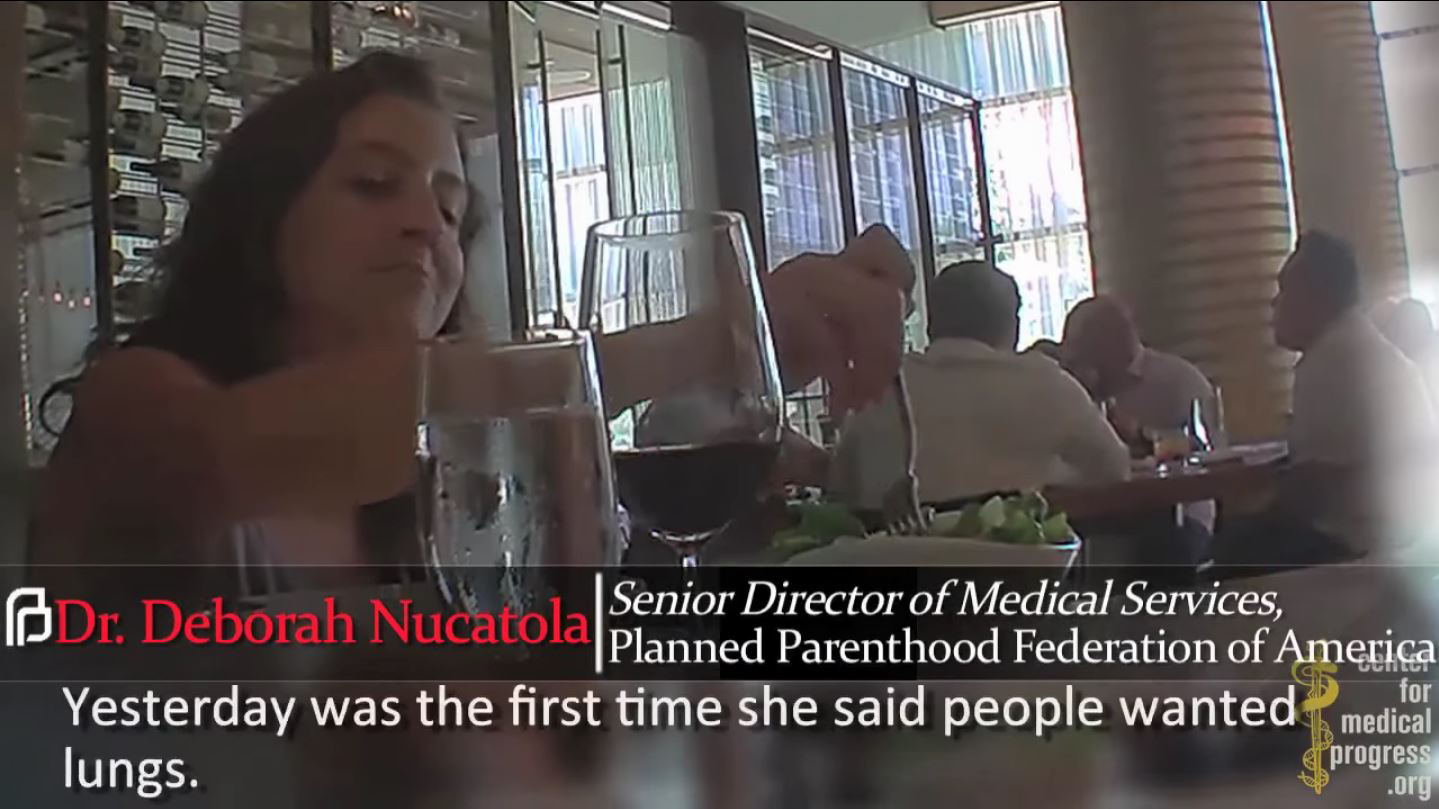In the wake of undercover videos by the pro-life advocacy group Center for Medical Progress (CMP), Planned Parenthood said today that it won’t accept money for any fetal tissue that it provides to research facilities.
To be clear: Patients may still donate fetal parts, but Planned Parenthood will not accept payment for them, according to a letter Planned Parenthood president Cecile Richards sent to the National Institutes of Health. She wrote, in part:
… any Planned Parenthood health center that is involved in donating tissue after an abortion for medical research will follow the model already in place at one of our two affiliates currently facilitating donations for fetal tissue research. That affiliate accepts no reimbursement for its reasonable expenses.
“Pragmatism, not humanity, has prevailed,” National Right to Life director of education and research Randall K. O’Bannon told CT. “[It is] only an indication that the situation for Planned Parenthood had gotten so hot and negative that a decision was made not to risk half a billion in government funds and hundreds of millions in revenues from abortion for the sake a few extra dollars of ‘excess of revenue over expenses.’”
The CMP called the move “an admission of guilt.”
“If the money Planned Parenthood has been receiving for baby body parts were truly legitimate ‘reimbursement,’ why cancel it?” stated CMP’s project lead David Daleiden on the group’s website.
Since mid-July, CMP has released 10 secretly shot videos, which include Planned Parenthood executives negotiating over the price of fetal parts. Last month, CMP began releasing the videos as part of a documentary web series.
The videos also sparked four congressional committee investigations into Planned Parenthood.
A letter from Richards to leaders in the House and Senate confirmed that the organization receives $60 per “tissue specimen” but said only two of its 59 affiliates (which operate almost 700 clinics nationwide) are working with tissue procurement agencies. Three California affiliates suspended their programs after the videos were released this summer; one postponed its program due to building renovations at the research laboratory, Richards said.
CT’s coverage of the release of the videos has included an interview with CMP’s David Daleiden and an examination of appropriate outrage.









